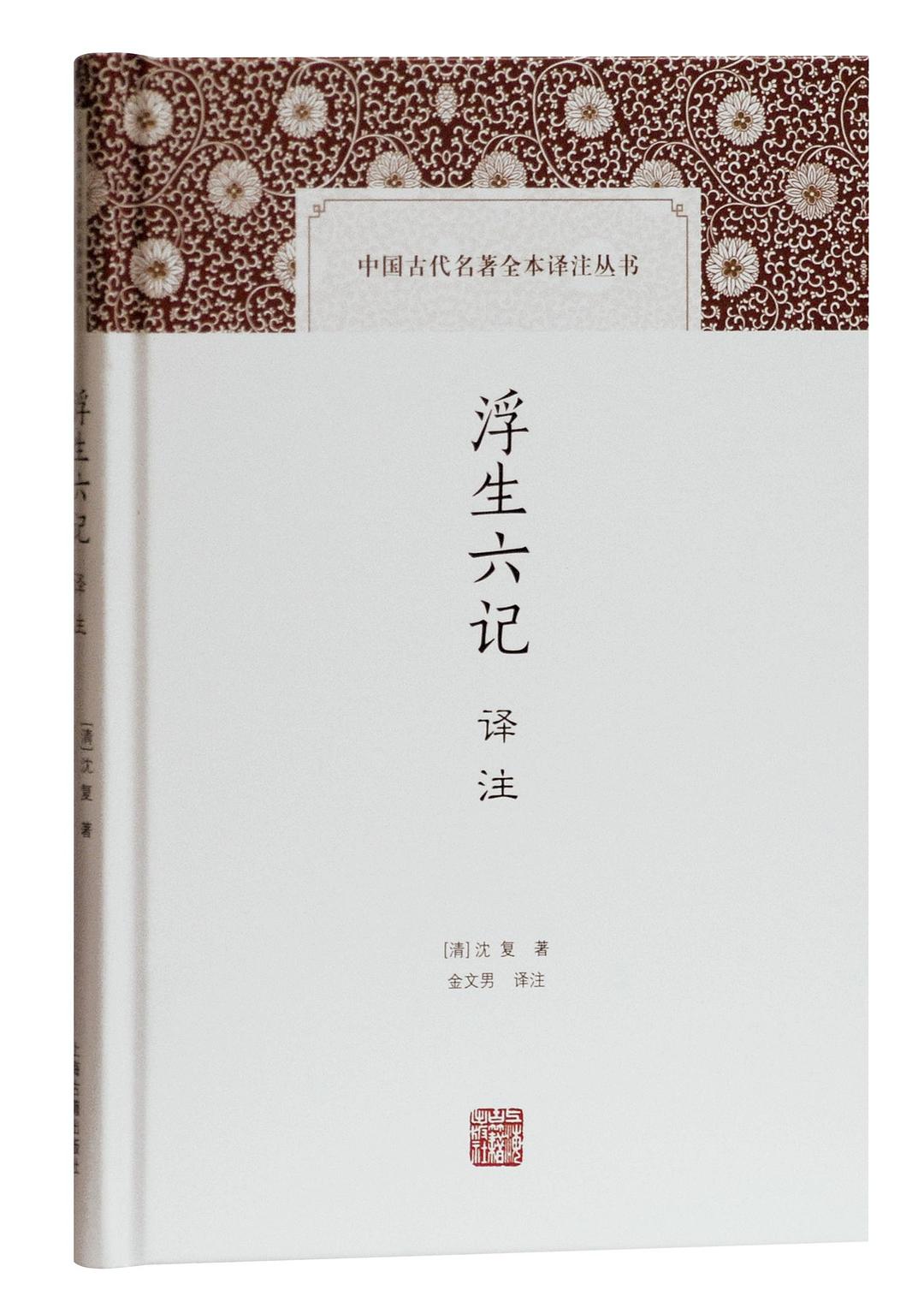WULOLIFE
《浮生六记》 作者:沈复 出版社: 天津人民出版社
《浮生六记》 作者:沈复 出版社: 天津人民出版社
Couldn't load pickup availability
Description
内容简介 · · · · · ·
并不能用有趣、精致、伤感简单概括这本小书。之所以入得经典行列,约是手边有此一册,便真如有一妙友相伴。
本次出版选开明书店民国本为底本,考以《雁来红丛报》本、霜枫社民国本、林语堂英作长文译记为读者导读。原文、译文并收一本。
独家收录“沈复的一生”(年表)“沈复三十年游历图”,另附“光绪三年初版序”“潘麐生题记”“光绪三年初版跋”,便于读者朋友更好读懂这本书,从中获益。
沈复,字三白,号梅逸。清乾隆二十八年(176 3年)生于姑苏城南沧浪亭畔士族文人之家,十八岁娶舅女陈芸为妻。婚后夫妻俩举案齐眉、相爱甚笃,然命途多舛,常常事与愿违;幸而二人不落世俗,善苦中作乐,耳鬓厮磨二十三年,至芸积病身故,仍情深如旧。后,沈复离家漫游,著《浮生六记》六卷。成书后并未刊行出版,而在民间多有传抄,引以为珍。道光年间,由江南士人杨引传于街市书摊购得,转妹婿王韬于申报馆付梓出版。因其中以真言述真情,从不刻意造作,深为后世文人所推崇,流传至今,已成经典。其中《中山记历》《养生记道》两记,杨引传购得版本已佚。民国时期有称找到足本,并付然实为时人拼凑杜撰。后常但至今仍无被证实可靠完整的,故本版只收底本所录《闺房记乐》《闲情记趣》《坎坷记愁》《浪游记快》四记。
俞平伯:“《浮生六记》俨如一块纯美的水晶,不见衬露明莹的颜色;只见精微,不见制作精微的痕迹。然而我自信这种说法不至于是溢美。想读这书的。
林语堂:“我相信淳朴恬适自甘的生活——如芸所说“布衣菜饭,可乐终身”的生活,是宇宙间最美丽的东西。在我翻阅重读这本小册之时,每每不期然而然想到这安乐的问题——读了沈复的"
